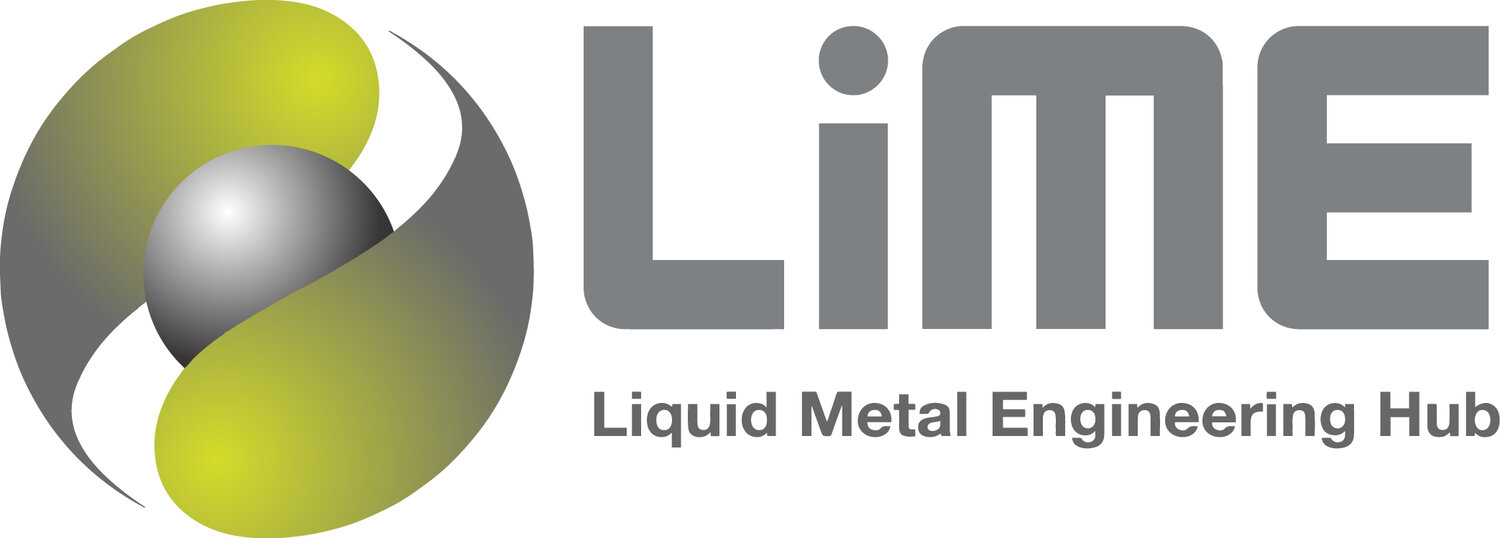Foundry2030
Aluminium casting can deliver sustainable, complex, near-net-shape components, but insufficient process information leads to high variance, requiring the application of casting factors, and preventing their use in critical aerospace structural components.
Therefore, BCAST and the Advanced Manufacturing Research Centre (AMRC) have worked with the Aerospace Technology Institute (ATI) to develop a roadmap for the UK’s aluminium shape casting capabilities. Near-term (0-5 years) goals for aero-structural castings include: reducing casting variability and casting factors, improving mechanical properties and process reliability, demonstrating low buy-to-fly ratios, reducing production costs and scrap rates, demonstrating increased design freedom and advancing the use of secondary materials. Achieving these goals will deliver a premium process, making castings competitive with forgings and machined from solid components. It will reduce scrap and increase design freedom, opening up critical aerostructures markets.
Foundry2030 addresses these aerospace structural goals, and aims to demonstrate that a combination of counter-gravity casting and digital process control can deliver a premium casting process capable of manufacturing critical aero-structural components that offer up to 20% weight savings, achieve ~95% buy-to-fly ratios, and have similar property variance (<3.5% UTS, <4% yield strength) to wrought metal; with the capability to utilise secondary aluminium.
Foundry2030 will deliver the route to market for aluminium shape casting in line with the partner OEMs (Airbus, BAE Systems, Boeing, DSTL, MBDA and Rolls-Royce) and Tier1s (GKN Aerospace, Spirit Aerostructures, Eaton Aerospace, Hamble Aerostructures Ltd), in collaboration with the UK casting supply chain; including Sarginsons, Aeromet and Grainger and Worrall.
This project is led by Dr Mark Jones and Prof Shouxun Ji.

